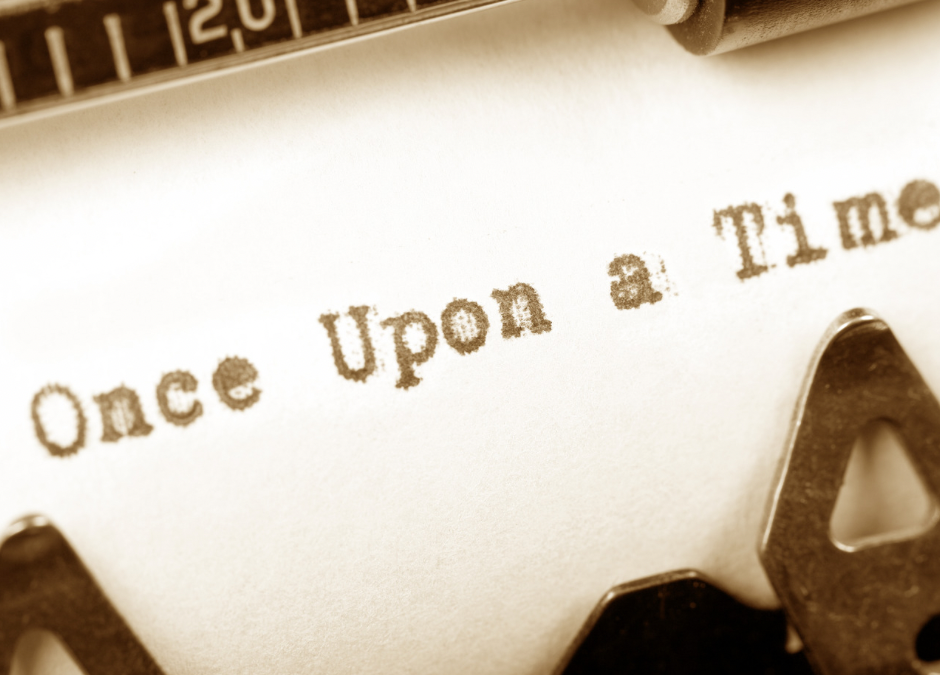Seek First Clarity, Not Impressiveness – An English Teacher’s Opinion.

Recently, I’ve had a lot of students mention in class that they want to learn how to write well by learning more advanced vocabulary.
I find a lot of students who just try their very best to write with flowery words because they’ve been convinced somehow or another that being able to write in an effective and incredible way is about using the most complicated words you know, and as long as they somehow look like they were lifted from a thesaurus or some sort of arcane lexical resource that you could spend hours looking through in order to find the meanings of words that you would never use in your entire adult life, then somehow or another you’d be on the right track to writing excellence.
Excellence capable of captivating entire generations from the touch of your pen; excellence flowing from your keyboard, flowing out onto the streams of the internet; excellence that stems from your fingers, your mind, the touch of your soul, the whatever it is that you are using in order to craft your nobly created works of art for the next generation…?
What a noble thought…
But in my opinion, what a horribly misinformed one.
As a teacher and as a writer, I am terribly conversant with words – and one thing that I know for sure is this:
The impressiveness of a speech or any piece of writing in this world does not come from how many flowery words went into it.
It does not come from the length of time that the author looked at a thesaurus and then somehow or another put in word vomit after word vomit, counting the pieces as they push them into an essay one after another, hoping that somehow or another all the little chunks alien and somehow inappropriate as they were would somehow elevate the essay into something better….
It’s understandable that someone might think that at the outset, considering how many famous pieces of prose are littered with beautiful words like that… But that is the exact same thing that Dr. Frankenstein thought he could do when he assembled his eponymous monster, piecing together body parts in order to recreate life.
When you put together the words from a thesaurus or any sort of lexical resource, what’s going to happen is that if they are not well combined, you’re not going to get an essay; you are going to get a jumbled together mess that seems impressive on the surface only to you because you’re not equipped with the skills necessary to evaluate just how good the piece actually is, and you’ve put something out that intuitively convinces anyone with skill in reading comprehension that you do not understand the English language.
The difference between writing an essay and the Dr. Frankenstein case is though that although you cannot recreate life by assembling together body parts…
You can in fact create a wonderful piece of writing if you know the rules necessary in order to create a piece of clear expression.
You can in fact craft communications that somehow or another make use of an understanding of the rules that go into creating those works, if you pay respect to the way that humans accept information, the way that psychology informs the way we take in knowledge, the way that our emotions rise and fall like tides on the sand, ever so fleeting and yet so dear.
You don’t magically become impressive because you’ve created a jumbled together mess of technical words.
You don’t wow me just because you’ve looked inside a thesaurus and have managed to find a few words that nobody ever uses.
You don’t impress me because you tried to show off and you succeeded in confusing yourself and confusing others.
You become understood when you clarify and you simplify, when you take things down from the heavens of technicality to the earth of simplicity, when you create relatability from the sands of obscurity.
You become a writer of note when your words make not just the otherwise bored examiner but even the small children who are listening to your words become captivated as they listen with the message that you’ve chosen to echo through your work.
You become valued when you give people value through writing that they can understand and that delivers a meaningful message that is valuable to them, and that applies whether you’re writing an essay, a summary, a Writer’s Effect piece, directed writing, or anything else that involves communication between yourself and another living, breathing human being.
It doesn’t require complicated words in order to know how to do that. It just requires you to be able to think of the things that matter and then learn how to express them in a way that conveys your thoughts.
Of course, that can be the work of a lifetime. It can be also the work that you do when you’re faced with an essay problem of course, but hey, that’s what you do everyday, isn’t it?
What’s for sure is that it’s definitely something that you will have to practice over and over again in the numerous scenarios when you write and communicate and somehow express yourself to the audience. It’s what you do. Chances are, it’s why you’re here.
And while you’re doing that, you will encounter this problem again and again – of messages not received, words not reaching their mark – until you face the demons of obscurity and, in conquering them, come forth with the clarity of mind and purpose to convey neither false sophistication nor a pretense of thinking that is predicated upon putting together difficult-looking words.
Rather, when you’ve arrived there, you will find that the most powerful messages are the ones that are most clear to mind.
You will see that what most directly influences the audience is a picture that they can immediately imagine, see, feel as if they were there, in the moment, in the midst of the action, as they share your thoughts, emotions, beliefs, convictions.
Think about that as you write your next essay, and consider how you can simplify and push your work directly into your audience’s heart. Through clarity comes power. Thank you for reading, and I will see you in the next piece!



